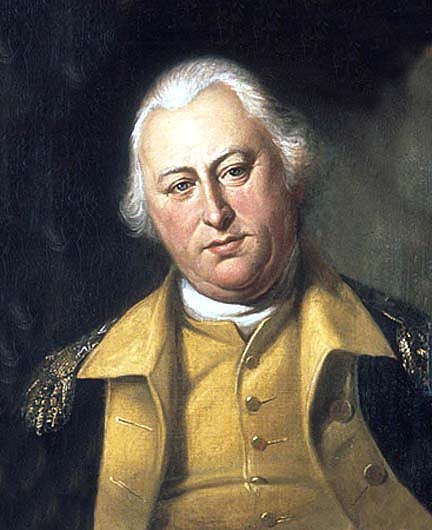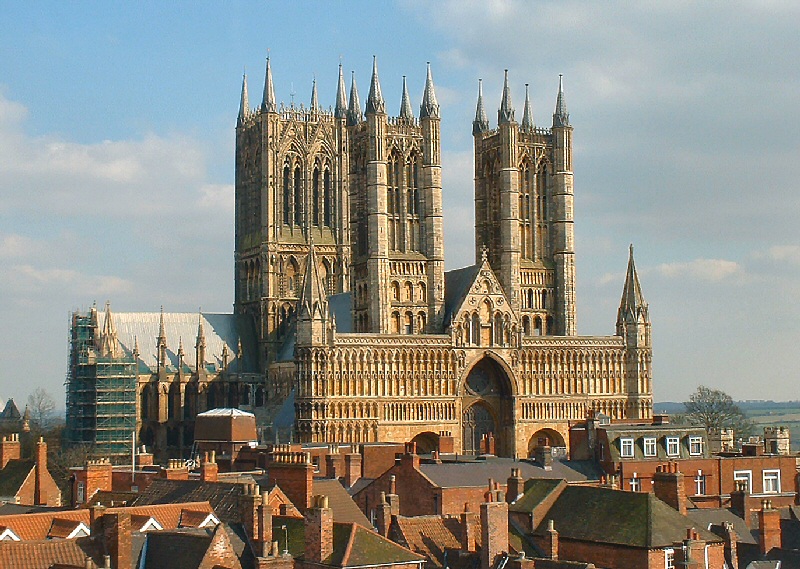In the United States, twenty-three states have a Lincoln County (or a Parish in the case of Louisiana). That’s nearly half. We should expect that. Certainly a man who led the nation through a traumatic civil war and who died tragically at the hand of an assassin deserved numerous place named for him.
Geographic features called Lincoln spread far-and-wide. It even took root in the Wild West in places like Lincoln County, New Mexico (map) and by extension to the name of a war — the “Lincoln County War” (more of a feud actually) — involving unlikely characters such as Billy the Kid. However some counties of Lincoln weren’t what they seemed on the surface. Some of them didn’t honor Abraham Lincoln at all.
Several southern states had Lincoln Counties. One might be tempted to conclude that each of them established a county named for their former foe as a sign of reconciliation during the Reconstruction Era. That wasn’t the case. Those Lincoln Counties predated the term of President Lincoln by decades: North Carolina (1779); Kentucky (1780); Georgia (1796); and Tennessee (1809). That also held true for one border state, Missouri (1818).
Benjamin Lincoln

They were all named for Benjamin Lincoln (1733-1810). Not many people today are familiar with Benjamin Lincoln, so completely overshadowed by Abraham Lincoln. It was unfortunate that someone who contributed to the birth of a nation languished in obscurity at least in part because of the unlikely chance that someone else with the same surname became an icon of history. The reflex action in the United States was to think of Abraham automatically upon hearing the single word Lincoln. Sorry Benjamin. He and Abe weren’t even related.
Benjamin’s Accomplishments
Benjamin Lincoln already had a promising career in the years leading up to the American Revolution. He lived in Hingham, Massachusetts where he held various minor political offices and participated in local militias. He found himself overseeing supplies and operations for Massachusetts militias as the Revolution broke out and then helped to supply the new Continental Army. Later he became a Major General and led troops in several battles.
As George Washington’s second in command at the Battle of Yorktown, he formally accepted the British surrender. Then he became the first Secretary of War under the new U.S. government formed by the Articles of Confederation and later served as Lieutenant Governor of Massachusetts. Clearly he earned a level of credibility significant enough to get a few counties in a growing nation named in his honor.
Benjamin’s Home

Abraham Lincoln’s home became a national historic site. In fact, numerous places associated with Abe became parks and monuments, drawing visitors from around the world. That wasn’t the case with Benjamin although his old home still stands in Hingham (map).
It didn’t become a park, it remained a private residence. Amazingly, the same family continues to own it, passed down through successive generations since Thomas Lincoln settled there in the 1630’s. Its nomination form for the National Register of Historic Places noted (1972) that “The house is furnished with the original Lincoln furniture and contains many of the General’s personal items.”
Another Lincoln

This might be about the time that 12MC readers in the United Kingdom start wondering about the Lincoln in England’s East Midlands, the county town of Lincolnshire. That city had an impact on a couple of U.S. counties too, one directly and another indirectly. Lincoln County, Maine originated in 1760. It commemorated the birthplace of Thomas Pownall, governor of Massachusetts (Maine was part of Massachusetts at the time).
Lincoln County, South Dakota arose in 1867. That would seem to make it a perfect candidate for a connection to Abraham Lincoln who died only a couple of years earlier. However it actually derived from Lincoln County, Maine, which is where W.W. Brookings, a member of the territorial legislature was born. How odd that both counties were named for birthplaces.
I’d still venture to guess that the then-recent death of Abraham Lincoln had at least a subtle influence on the name of Lincoln County, South Dakota.

Leave a Reply